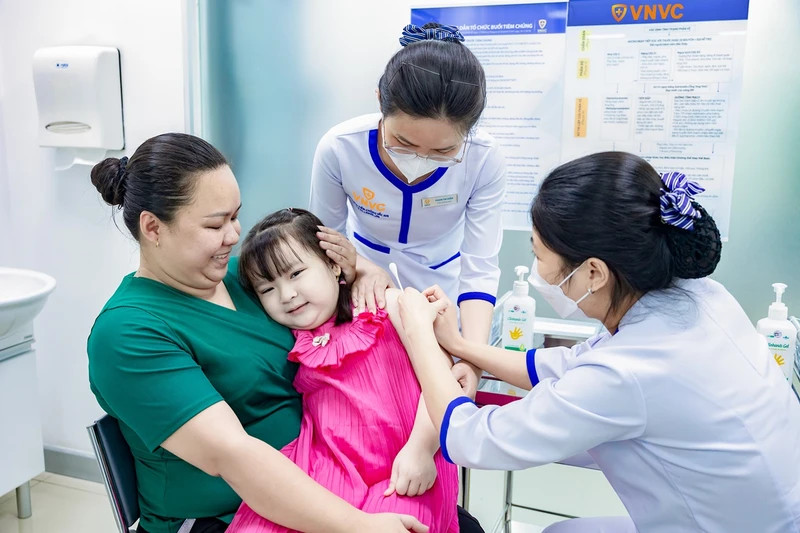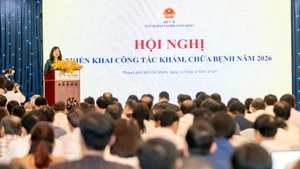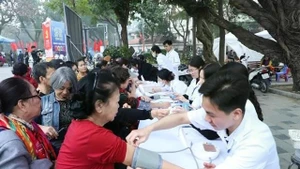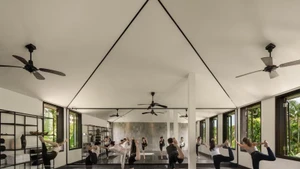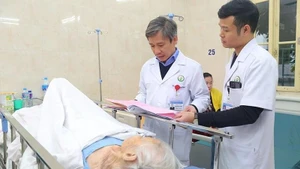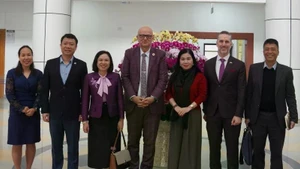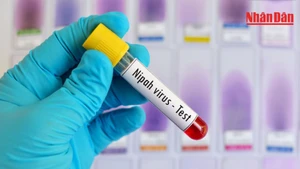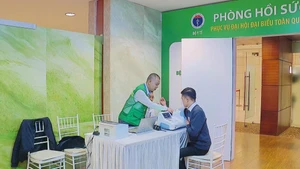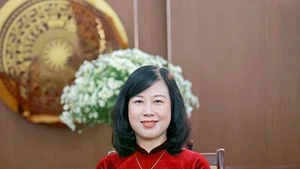The vaccine, researched and developed by Takeda Pharmaceutical Company, Japan, for nearly 45 years, is currently utilised in over 40 countries.
Dr Bach Thi Chinh, Medical Director of VNVC Vaccination System, said that Takeda's dengue vaccine was approved by the Ministry of Health in May 2024 for children from 4 years old and adults.
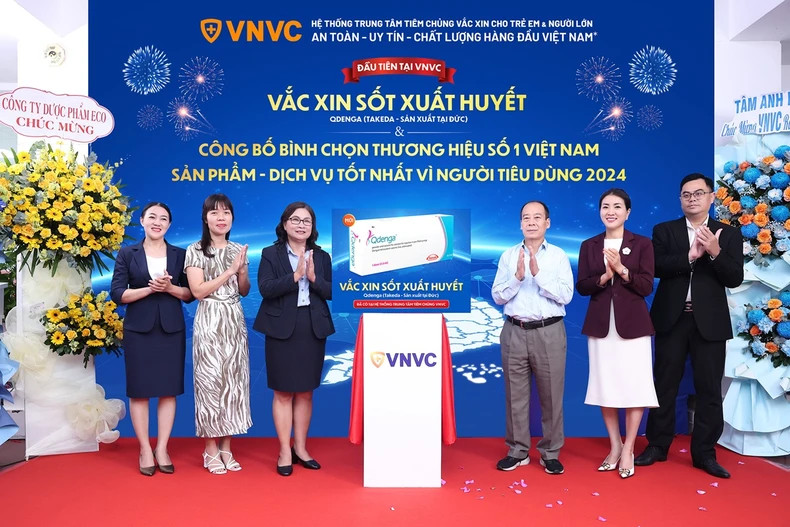 |
| The first dengue vaccine in Vietnam launched. |
Takeda Japan's dengue fever vaccine is effective in preventing all four types of the dengue virus that cause the disease (DEN-1, DEN-2, DEN-3, DEN-4), with an efficacy of up to 80 per cent, reducing the risk of hospitalisation by as much as 90 per cent.
In particular, the vaccine is effective in preventing reinfection for people who have had dengue fever. This is very meaningful for Vietnam because the number of people who have had dengue fever at least once is quite high, with the condition of the next illness often being more severe than the previous one, timely vaccination helps protect the patient's health and life.
Dengue is a mosquito-borne viral infection causing a severe flu-like illness. The disease is increasingly complex and no longer follows a cyclical pattern. Controlling the mosquitoes that spread the disease has become challenging, and dengue fever treatment is complicated and costly. Furthermore, the mortality rate remains significantly high if patients are not accurately diagnosed and treated promptly.
The vaccine is particularly effective in preventing reinfection in individuals who have previously contracted dengue fever, which is crucial for Vietnam due to the high prevalence of such cases. Subsequent infections are often more severe than initial ones. Therefore, timely vaccination is essential for safeguarding patients' health and lives.
The dengue fever vaccine has a schedule of two injections three months apart and can be injected at the same time as many other vaccines, depending on the type. Women should complete the vaccination schedule at least three months in advance and at least one month before pregnancy.
Dr Le Hong Nga, Deputy Director of the Ho Chi Minh City Center for Disease Control (HCDC), said that in recent years, the dengue epidemic has changed, no longer developing in cycles but increasing steadily every year, especially at the end of the year. This dilemma arises from urbanisation and global warming effects, which have established conducive environments for disease-carrying mosquitoes to flourish.
Nga also noted that people still need to maintain other disease prevention and control measures, such as mosquito control by cleaning the living environment, in addition to vaccination to control the epidemic effectively and sustainably.
The dengue fever vaccine put into use in Vietnam will help reduce the burden of disease for people, reduce the number of hospitalisations and complications, avoid overload, and help hospitals focus resources on treating non-communicable diseases.
